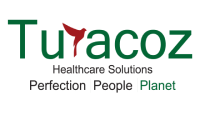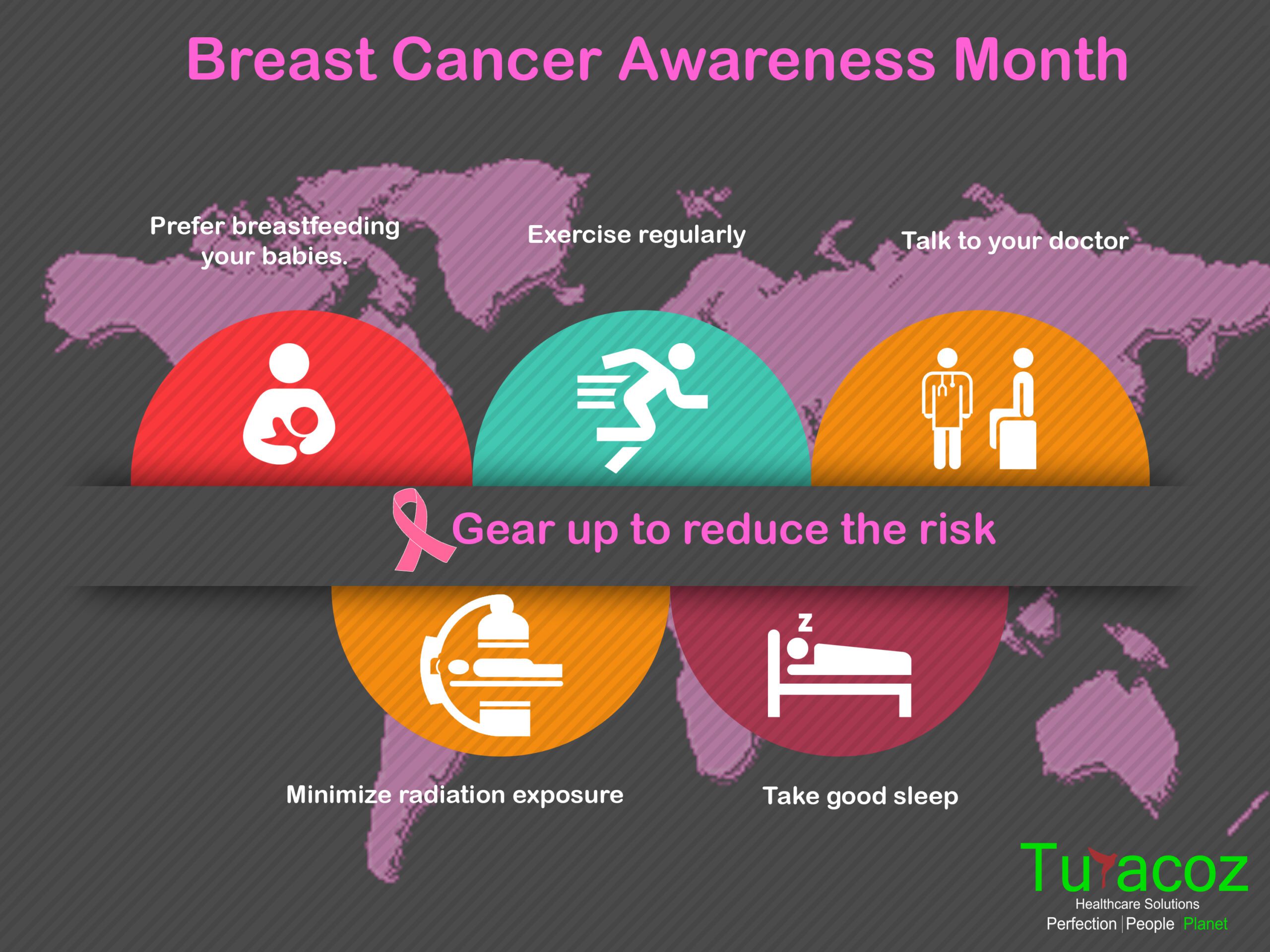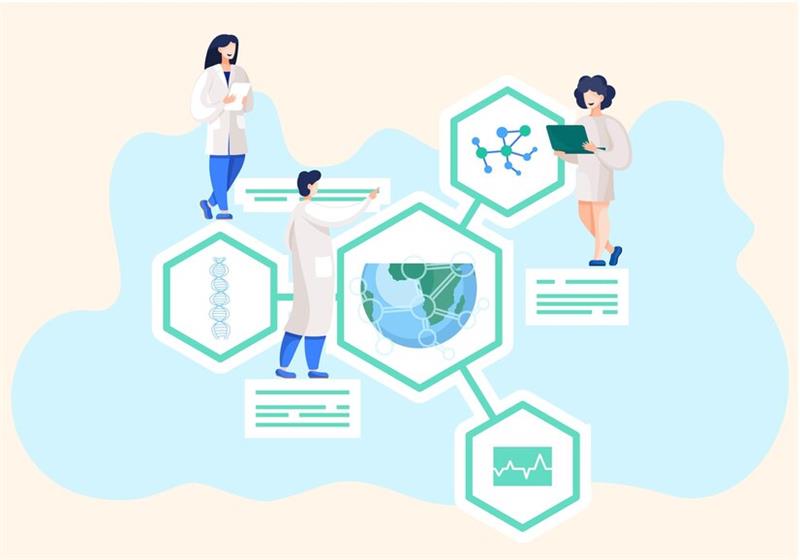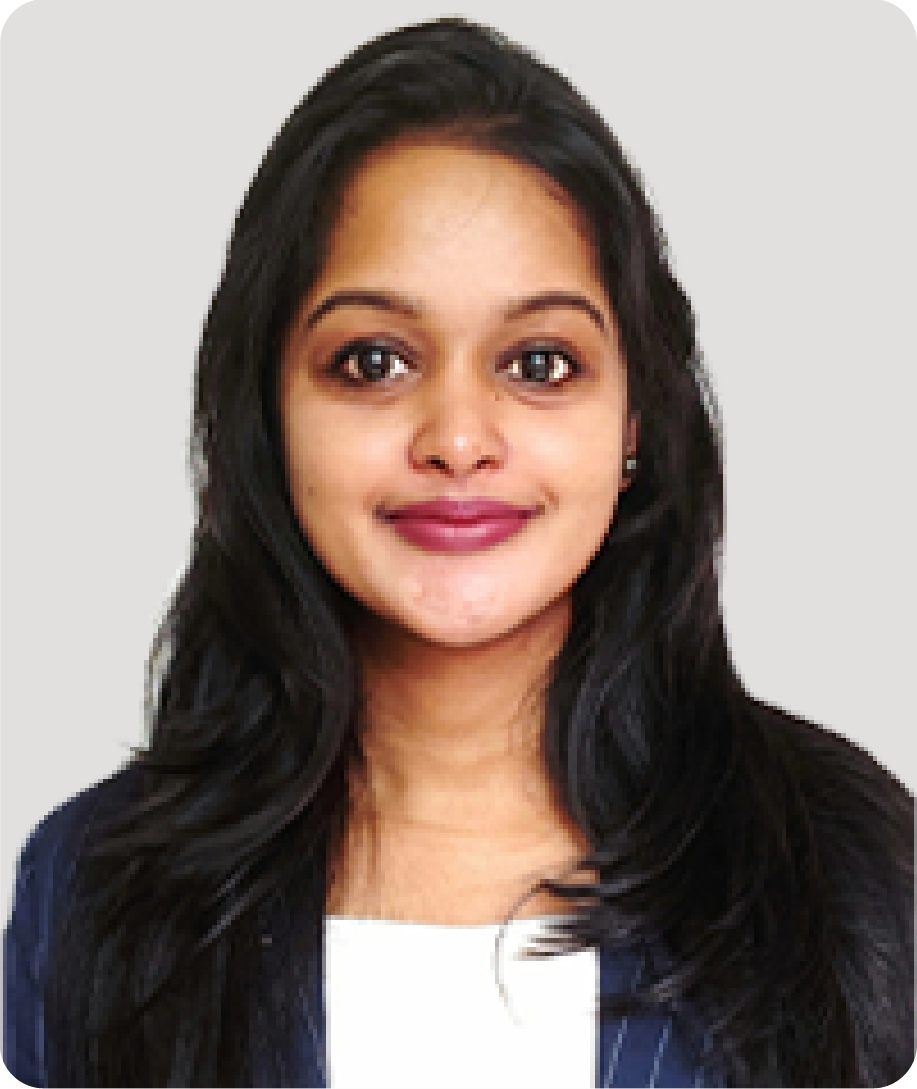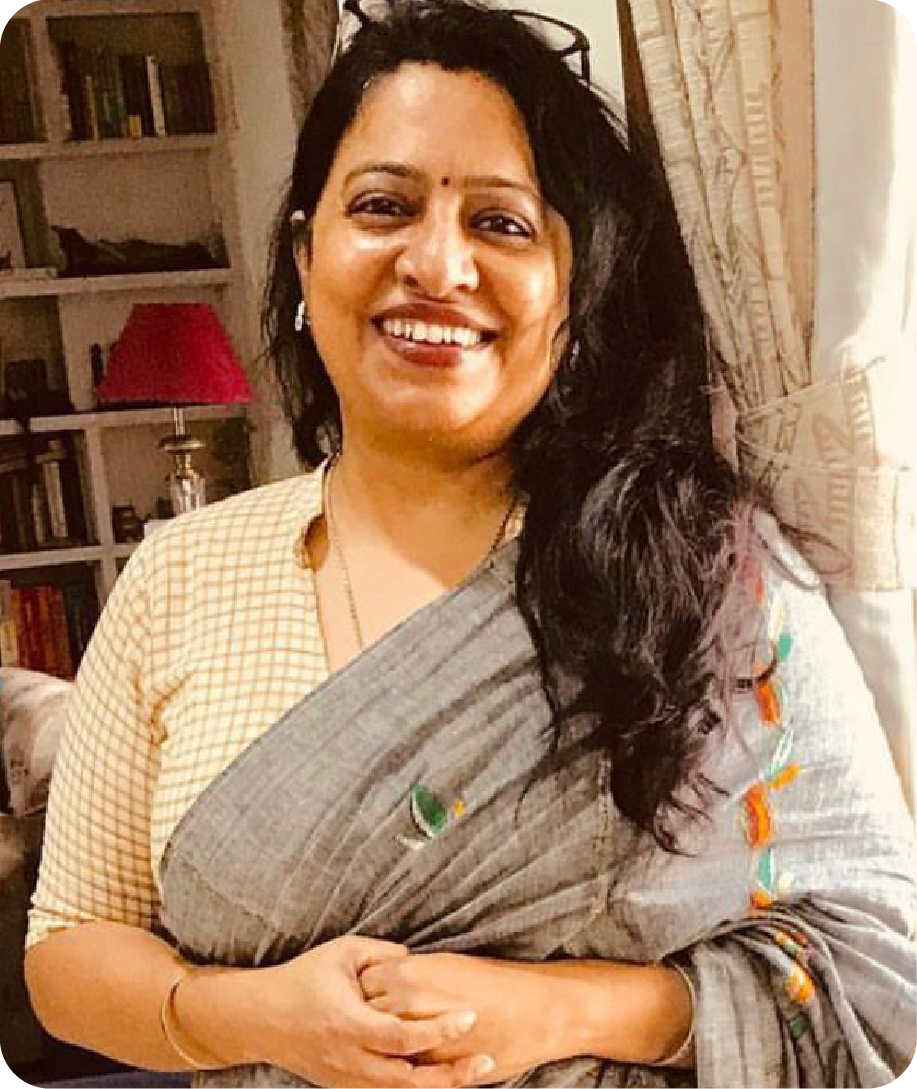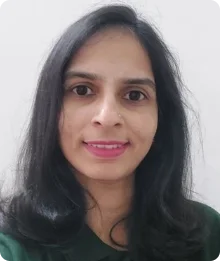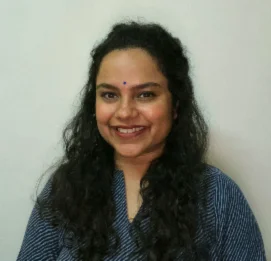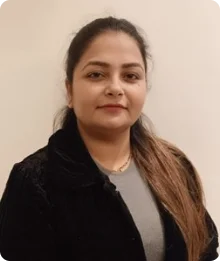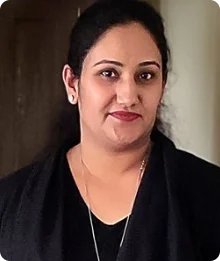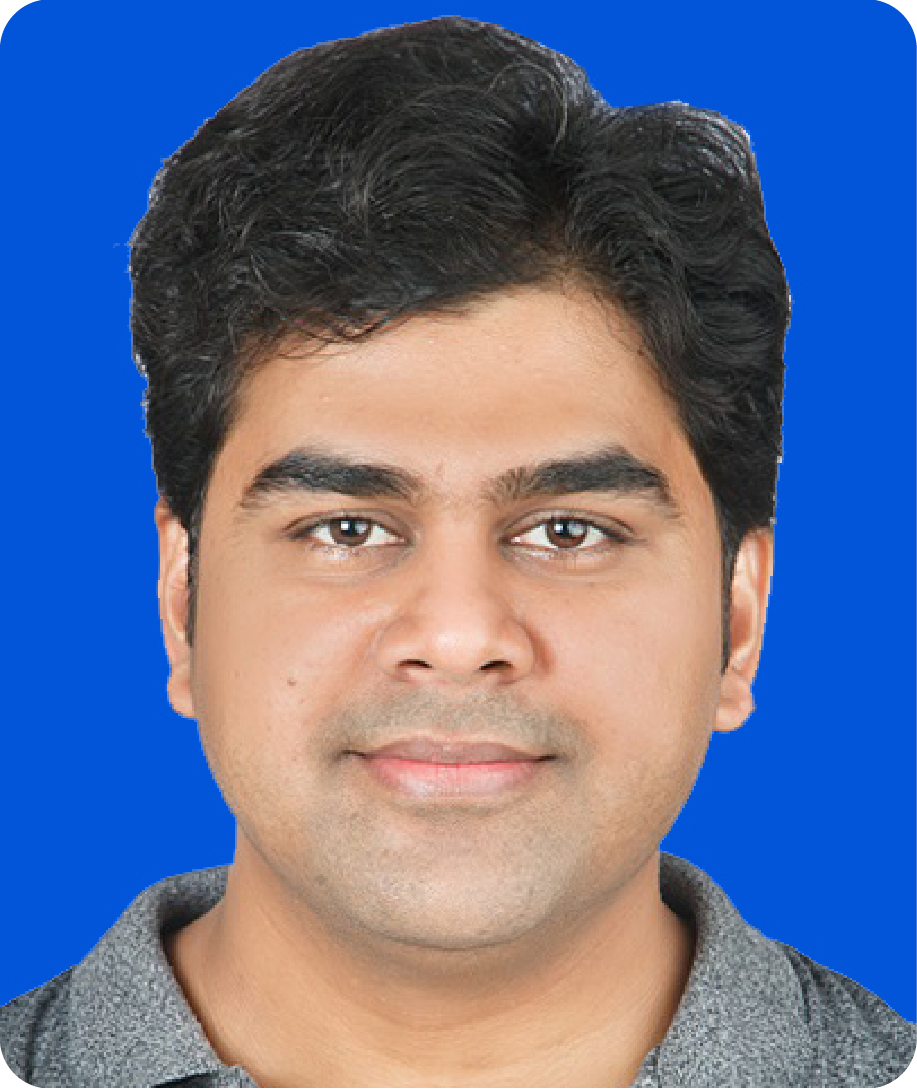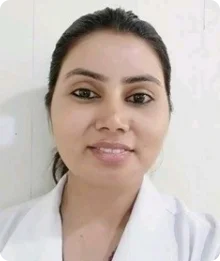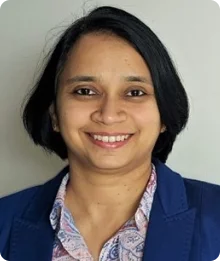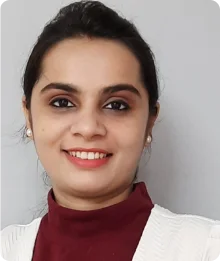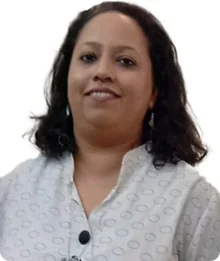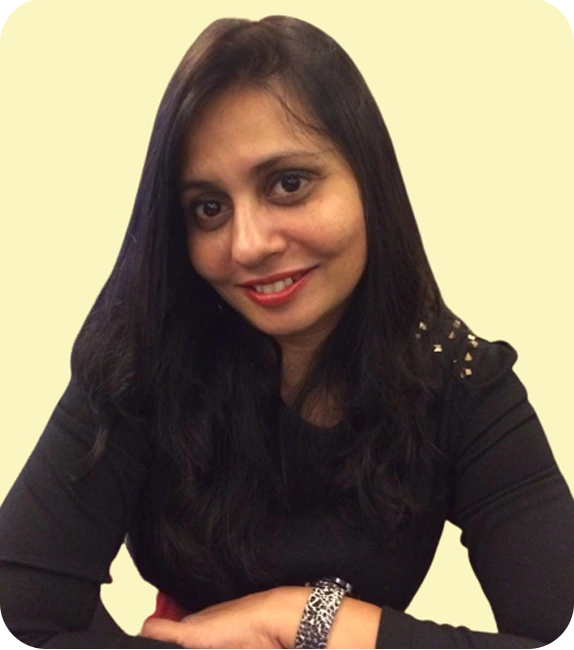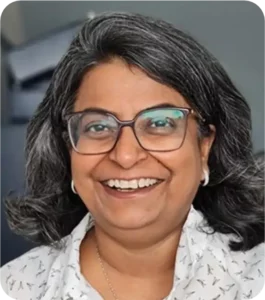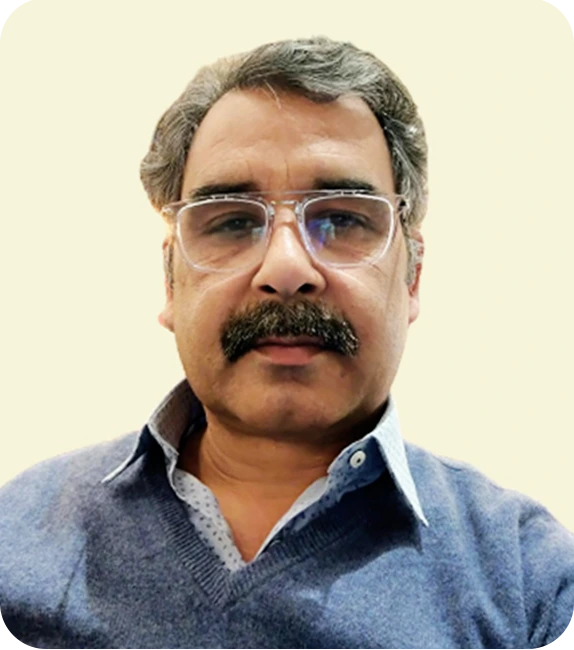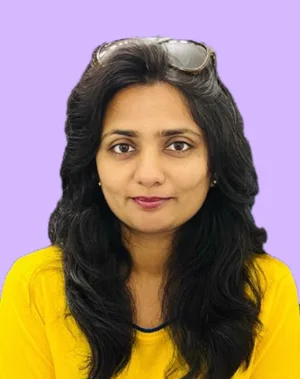Protect yourself from Breast Cancer
- Over last ten years or so, breast cancer is the most common cancer in most cities in India, and 2nd most common in the rural areas.
- Although women are highly prone to breast cancer, men may rarely get it.
Know the risk factors
- Age: More incidences in India occur in women over the age of 40-50. However, breast cancers in young pre-menopausal women tend to be more aggressive.
- Family history: Women with close relatives or first-degree female relative (sister, mother, daughter) who’ve been diagnosed with breast cancer or an inherited mutation in the BRCA1 and BRCA2
- Race and ethnicity: White women are slightly more likely to develop breast cancer than are African-American women, but African-American women are more likely to die of this cancer.
- Dense breasts due to age, menopausal status, certain medications (including menopausal hormone therapy), pregnancy, and genetics.
- Exposure to the hormone estrogen:
- Longer Menstrual periods, i.e., early menarche or late menopause
- Combined hormone therapy given to women after menopause
- Parabens and phthalates in cosmetics, hair spray and many other cleaning product fragrances.
- Previous exposure to radiation for treatment of some malignancy (e.g., lymphoma).
- Diethylstilbestrol (DES) exposure
- Environmental pollutants such as organochlorine pesticides.
- Occupational exposures: Women employed in commercial sterilization facilities (exposure to high levels of ethylene oxide) and the night shift workers (disturbed sleep/wake cycles).
- Contraceptives: Oral contraceptives (birth control pills) and Depot-medroxyprogesterone acetate, DMPA (injectable progesterone for birth-control).
- Benign breast conditions: Women diagnosed with certain benign breast conditions might have an increased risk of breast cancer.
- Lobular carcinoma in situ: Also known as lobular neoplasia, it is an abnormal cellular outgrowth which may become cancerous (invasive) if left untreated for long.
- Other factors include alcohol-consumption, obesity and lower rates of breast-feeding.
Stay healthy, get screened
A screening plan is planned by the doctor depending upon the unique situation of the patient, if one has been diagnosed with breast cancer.
- A monthly breast self-exam: Women should know how their breasts normally look and feel and report any breast changes to a health care provider right away.
- A yearly medical breast exam by a doctor at age 40 and continuing for as long as a woman is in good health
- Clinical breast exam (CBE) about every 3 years for women in their 20s and 30s and every year for women 40 and over
- One might have one screening test, such as a mammogram, and then have a different test — an MRI — 6 months later.
In addition to the recommended screening guidelines for women at average risk, a screening plan for a woman with a history of breast cancer may include the above screening tests.
- For women aged 20-30 years, breast self-exam (BSE) is an option for those starting in their 20s. A breast self-exam is when you check your own breasts for lumps, changes in size or shape of the breast, or any other changes in the breasts or underarm (armpit)
- For women aged 40–49 years, mammography may save lives, but the benefit for younger women may be less than for older women.
- For women aged 50–69 years, all women in this age group should have mammograms on a regular basis
- For women above the age of 70 years, screening mammography is probably beneficial for women aged over 70 years who are in good health and have a life expectancy of about 10 years.
Turacoz Healthcare Solutions as a socially responsible company spreads the word and awareness and looks forward to collaboration or associations with other agencies/companies with similar goals and aspirations. We have a skilled and competent team of medical writers, clinicians, researchers and biostatisticians. Our clients include major pharmaceutical companies, hospitals and healthcare professionals. Our experience has been in supporting publications, creating regulatory documents, conducting observational studies, designing and creating for print and digital marketing as well as customizing sessions on medical writing.
